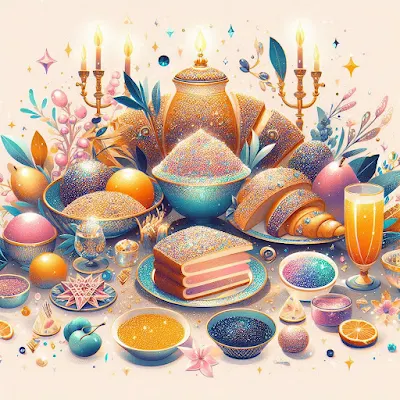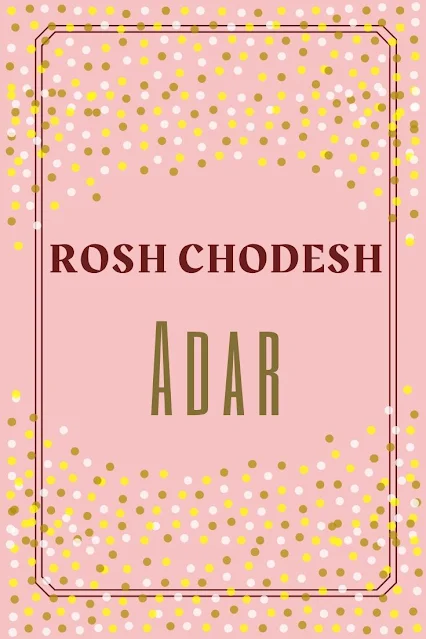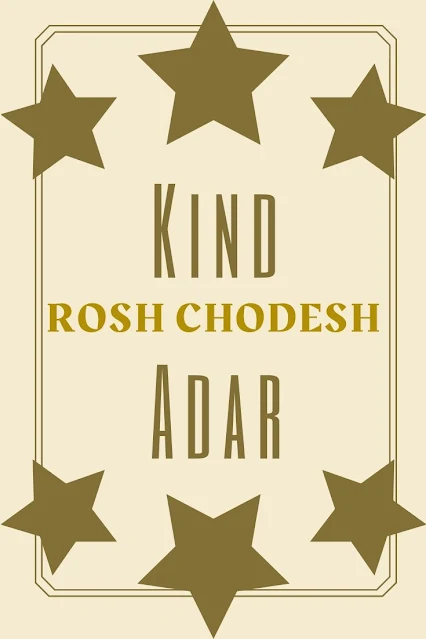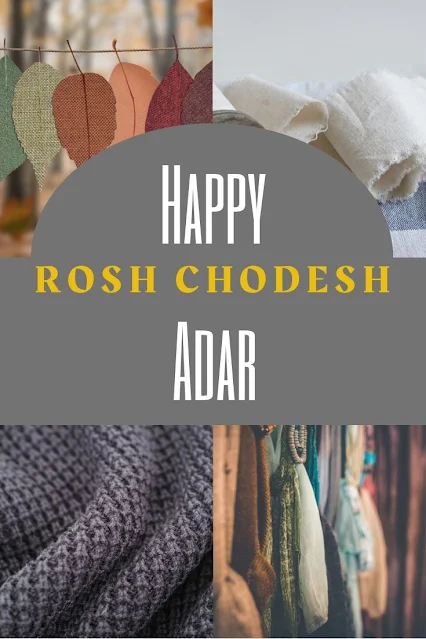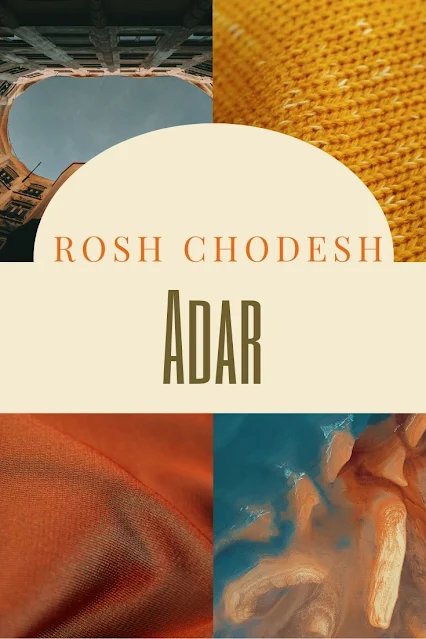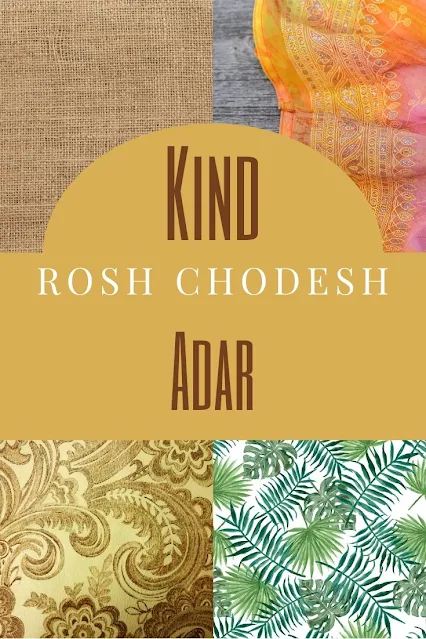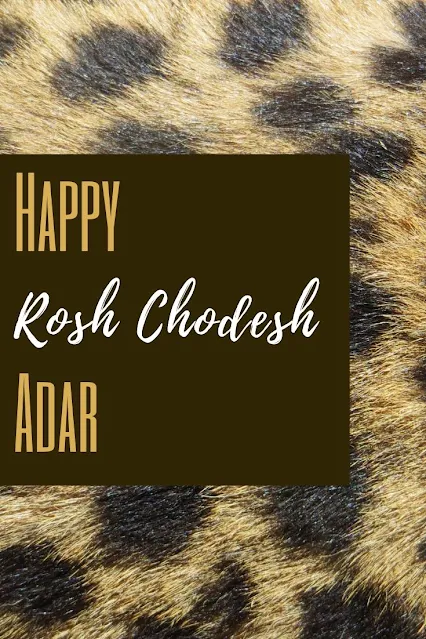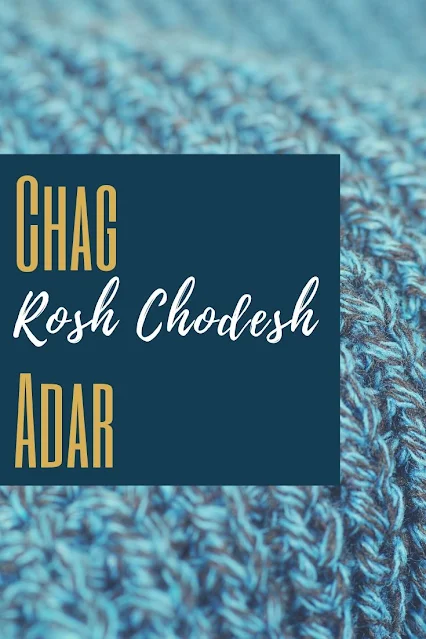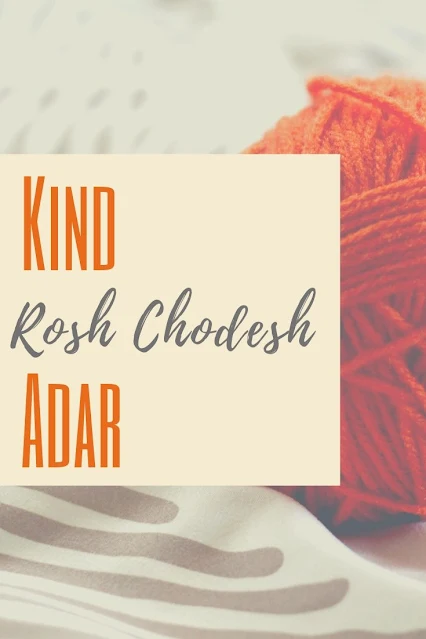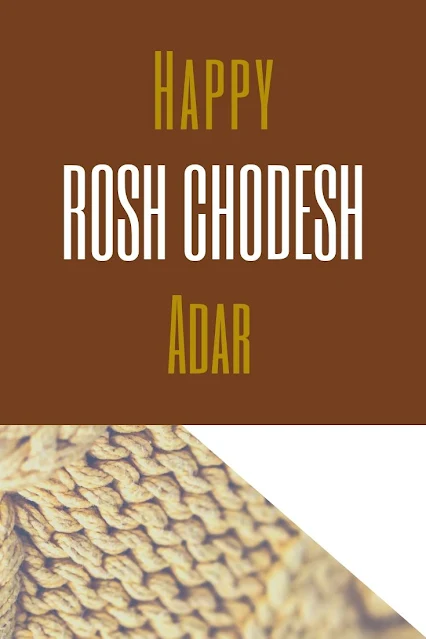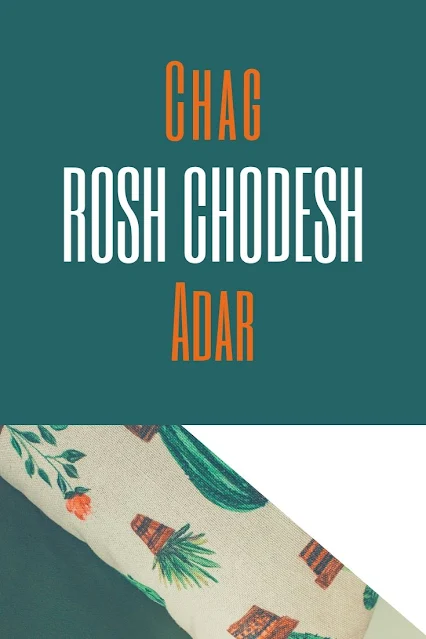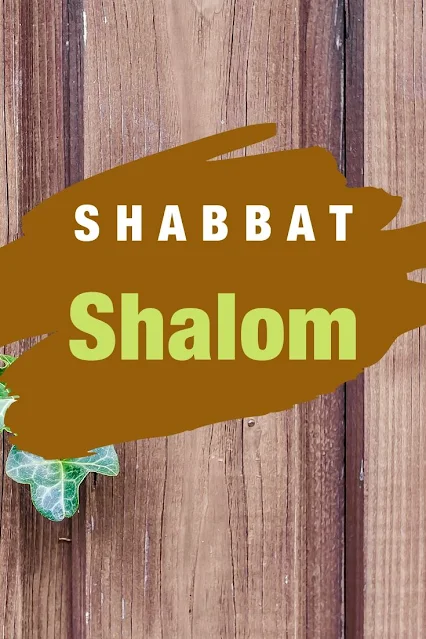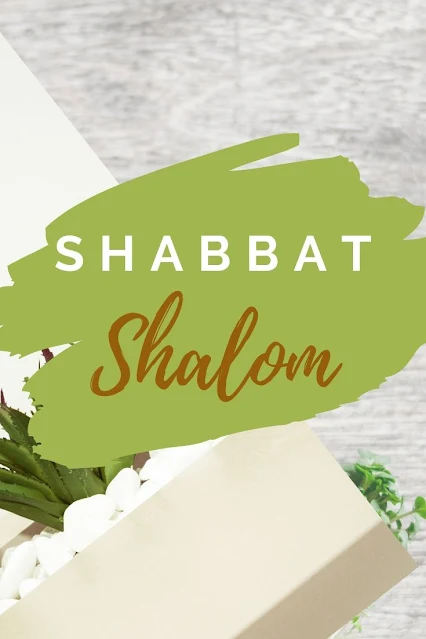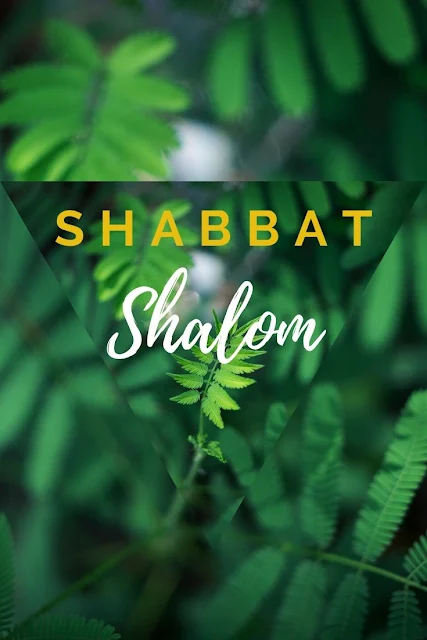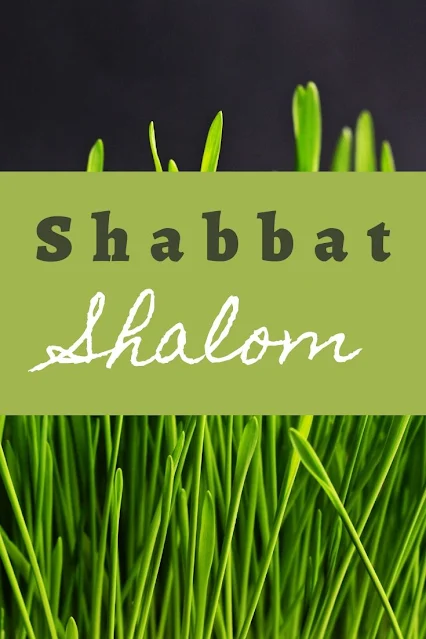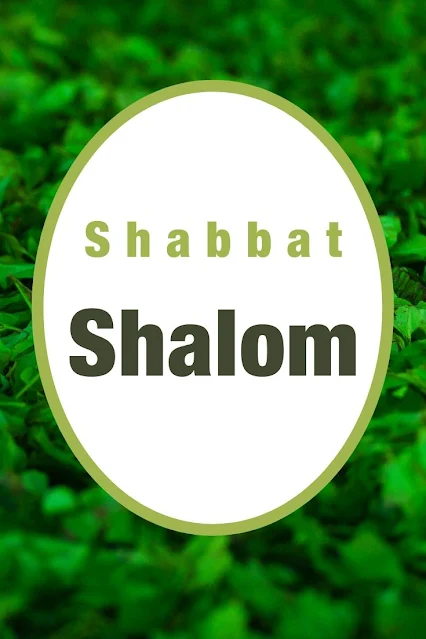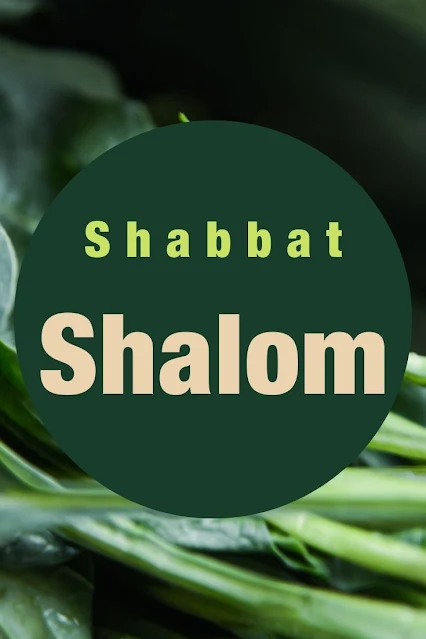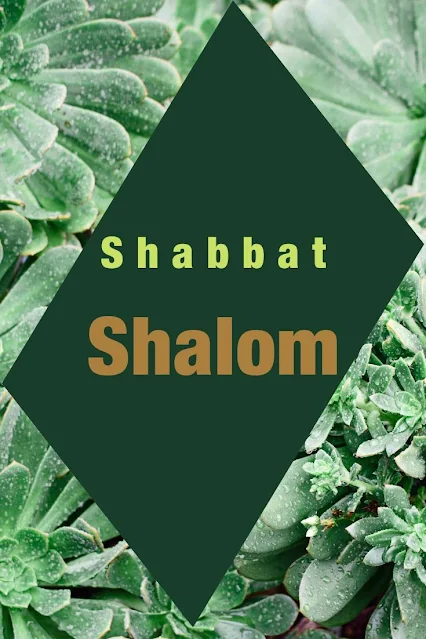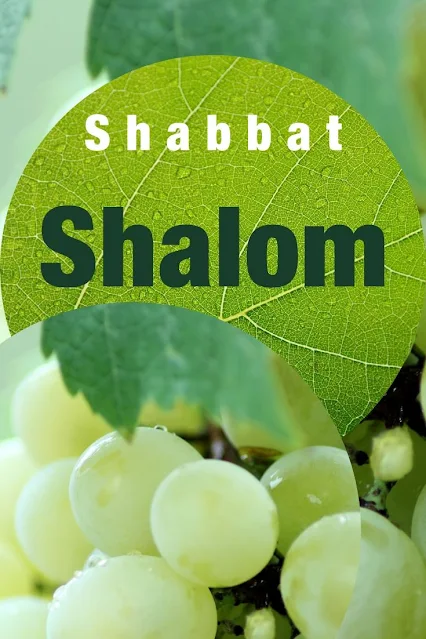Jewish Women's Clothing Fashion - Celebrating Jewish Identity Through Style
Jewish Fashion For Women
For centuries, Jewish women have been known for their unique sense of style. From the traditional modest clothing to the more modern and trendy looks, Jewish fashion has always been about expressing one's individuality.
Today, Jewish women's fashion is more diverse than ever before. While many still choose to dress modestly in accordance with their religious beliefs, there are also those who embrace fashion as a form of self-expression. No matter what their personal style may be, Jewish women continue to set trends and inspire others with their fashion sense.
The Different Types Of Jewish Fashion For Women
In the world of Jewish fashion, there are many different styles for women to choose from. Whether it's a more traditional look, or something more modern, there's definitely a style for everyone.
Jewish fashion often includes long skirts, dresses, and even headscarves. This style is often seen as more modest, and is perfect for women who want to stay true to their roots.
No matter what your personal style is, there's definitely a Jewish fashion option out there for you. So don't be afraid to experiment and find the look that makes you feel the most confident and beautiful.
The History Of Jewish Fashion For Women
The history of Jewish fashion for women is a long and storied one, full of both traditional and modern looks. Jewish women have always been known for their unique sense of style, and this has been reflected in the clothing they have worn throughout the centuries.
One of the most iconic pieces of Jewish clothing is the sheitel, or wig. Wigs have been worn by married Jewish women since biblical times, and continue to be a popular choice among religious women today. Sheitels come in a variety of styles and colors, and can be worn to cover the hair for both modesty and practicality.
Another popular item of Jewish clothing is the tallit, or prayer shawl. Tallits are worn by both men and women during religious ceremonies and prayer services. They are often made of wool or silk, and are decorated with traditional Jewish symbols and texts.
Jewish fashion for women has always been about blending the traditional with the modern. Today, there are many Jewish women designers who are creating beautiful and unique clothing that is inspired by their heritage. Whether you are looking for modest clothing for religious occasions or stylish and trendy pieces for everyday wear, there is sure to be a Jewish designer that has something to suit your taste.
The Trends In Jewish Fashion For Women
There are many different trends in Jewish fashion for women. One popular trend is to wear modest clothing that covers the body. This can include long skirts, dresses, and long-sleeved shirts. Another trend is to wear bright and colorful clothing. This is often seen during the Jewish holidays, when people want to celebrate their heritage.
The Importance Of Jewish Fashion For Women
There is no denying the fact that fashion plays a very important role in our lives. It is an integral part of our identity and helps us express ourselves. For Jewish women, fashion is not just about looking good. It is also about staying true to their religious and cultural traditions.
Jewish women have always been known for their unique sense of style. They are often lauded for their elegant and timeless fashion choices. Jewish fashion for women is about more than just following trends. It is about choosing clothes that reflect their faith and culture.
Jewish fashion is a way for women to express their unique identity. It is a way for them to stand out from the crowd and show the world that they are proud of their heritage. Jewish fashion is also a great way to connect with other Jewish women. By wearing fashionable clothes, Jewish women can show their solidarity with each other.
The importance of Jewish fashion for women cannot be overstated. It is a way for them to stay connected to their culture and heritage. It is also a way for them to express their unique sense of style.
The Future Of Jewish Fashion For Women
What will the future of Jewish fashion for women look like? This is a difficult question to answer, as there are many factors that can influence the direction of Jewish fashion. However, we can make some predictions based on current trends.
One trend that is likely to continue is the popularity of modest fashion. This trend has been gaining popularity in recent years, and there is no reason to believe that it will not continue to do so. More and more women are looking for clothing that is stylish but also modest, and this is something that Jewish fashion designers are able to provide.
Another trend that is likely to continue is the trend towards sustainability. Sustainability is becoming increasingly important to consumers, and this is something that Jewish fashion brands are beginning to address. We can expect to see more Jewish fashion brands using sustainable materials and production methods in the future.
Overall, the future of Jewish fashion for women is likely to be exciting and innovative. We can expect to see more Jewish fashion brands catering to the needs of modern women, while still staying true to their roots.

